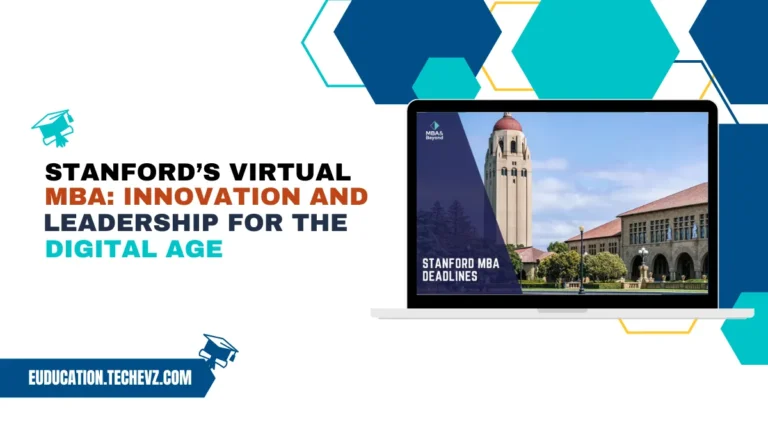As more professionals seek flexible ways to earn their MBA, the choice between hybrid and fully online programs has become a key decision. In 2025, both learning formats offer distinct advantages—and understanding their differences can help you select the best path for your career and lifestyle. This guide breaks down the pros and cons of hybrid versus fully online MBAs and highlights top programs excelling in each format.
What’s the Difference Between Hybrid and Fully Online MBA?
- Hybrid MBA: Combines online coursework with required in-person sessions, residencies, or weekend classes. It offers face-to-face networking and hands-on experiences alongside asynchronous learning.
- Fully Online MBA: Entirely remote with all classes, assignments, and interactions conducted through digital platforms, providing maximum flexibility and no campus visits.
Pros and Cons of Hybrid MBA Programs
Pros
- Stronger Networking: In-person residencies help build deeper connections with peers and faculty.
- Engaged Learning: Face-to-face discussions, workshops, and team activities enhance understanding.
- Access to Campus Resources: Hybrid students can often use libraries, labs, and career centers on-campus.
- Better for Hands-On Learning: Fields like leadership development and consulting benefit from personal interaction.
Cons
- Less Flexibility: Travel for on-site sessions means less convenience, especially for those with demanding jobs or families.
- Higher Costs: Travel and accommodation expenses can add up.
- Location Dependence: You need to be geographically near or willing to travel to the campus.
Pros and Cons of Fully Online MBA Programs
Pros
- Ultimate Flexibility: Study anytime, anywhere—ideal for working professionals or parents.
- Lower Overall Costs: Save on travel, housing, and campus fees.
- Wide Range of Schools: Access to top-ranked MBAs regardless of your location.
- Diverse Peer Groups: Engage with students worldwide, broadening your perspective.
Cons
- Less Face-to-Face Interaction: Networking and relationship building can be harder.
- Self-Discipline Required: Requires strong motivation and time management.
- Limited Hands-On Experiences: Some practical learning may be less immersive than hybrid.
Top Hybrid MBA Programs to Consider in 2025
- Carnegie Mellon University Tepper School of Business: Known for its hybrid model blending analytics coursework with in-person leadership labs.
- University of North Carolina Kenan-Flagler: Offers immersive residencies alongside online classes focusing on teamwork and experiential learning.
- Georgetown University McDonough School of Business: Combines online coursework with weekend residencies in Washington D.C..
Top Fully Online MBA Programs in 2025
- Indiana University Kelley School of Business: Highly ranked for its fully online, customizable MBA.
- University of Florida Warrington College of Business: Known for affordability and flexibility.
- Arizona State University Carey School of Business: Offers a tech-forward fully online MBA with multiple specializations.
Which MBA Format Should You Choose?
- If you value in-person networking and immersive learning, and can commit to occasional travel, a hybrid MBA may be ideal.
- If flexibility and minimizing disruptions to your life and work are priorities, a fully online MBA will suit you better.
Final Thoughts
Both hybrid and fully online MBA formats bring powerful opportunities to develop skills, gain credentials, and grow your network in 2025. Your choice ultimately depends on your learning style, career goals, and personal circumstances. Regardless of format, a well-chosen online MBA can transform your future in today’s fast-evolving business world.







